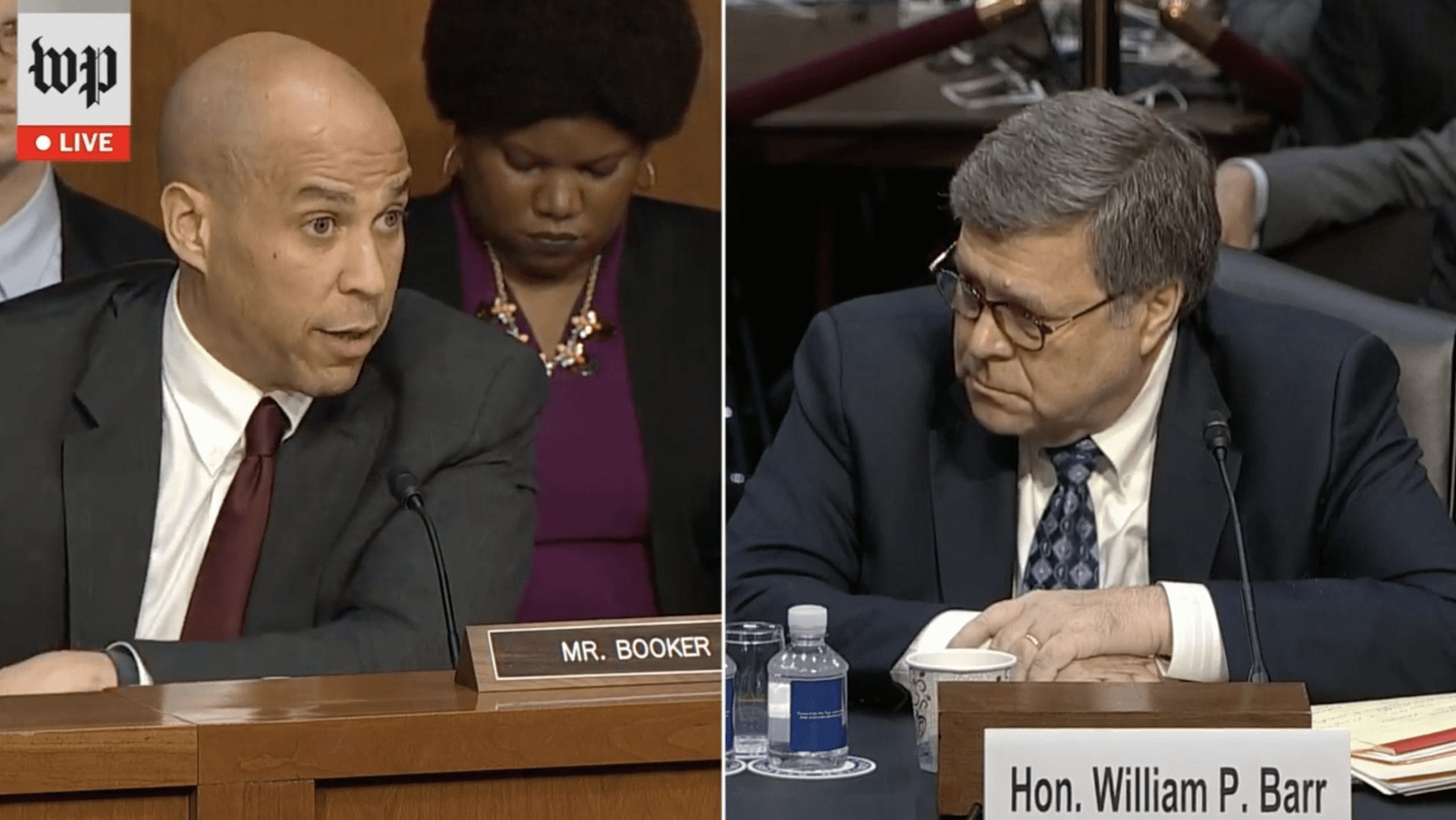Legal
Trump Attorney General Nominee Won’t Go After Legal Marijuana Businesses And Urges Congress To Act
At his confirmation hearing on Tuesday, attorney general nominee William Barr said he would not go after marijuana companies that have operated in compliance with earlier Justice Department guidance that was rescinded last year by his predecessor, Jeff Sessions.
He also encouraged Congress to address the conflict between federal and state cannabis policies.
“My approach to this would be not to upset settled expectations and the reliant interests that have arisen as a result of the Cole memorandum,” Barr said, referring to a memo on federal marijuana enforcement priorities that Sessions revoked in early 2018. “However, I think the current situation is untenable and really has to be addressed. It’s almost like a backdoor nullification of federal law.”
Sen. Cory Booker (D-NJ) asked Barr what he would do to address the issue and whether he felt it was “appropriate to use federal resources to target marijuana businesses that are in compliance with state law.”
“I’m not going to go after companies that have relied on Cole memorandum,” Barr replied. “However, we either should have a federal law that prohibits marijuana everywhere, which I would support myself because I think it’s a mistake to back off marijuana. However, if we want a federal approach—if we want states to have their own laws—then let’s get there and get there in the right way.
Booker, who has sponsored a bill to remove cannabis from the Controlled Substance Act and penalize states where marijuana enforcement is disproportionate, said he was glad to hear Barr’s comment on not taking action against state-legal marijuana businesses.
Sen. Kamala Harris (D-CA) also pressed Barr about his stance on federal marijuana enforcement. She asked whether the nominee intended to use the limited federal funds at his disposal to go after cannabis businesses in compliance with state law.
“No, I thought I answered that by saying that to the extent that people are complying with the state laws—distribution and production and so forth—we’re not going to go after that,” Barr said. That said, “I think it’s incumbent on the Congress to make a decision as to whether we’re going to have a federal system or whether it’s going to be essential federal law. This is breeding disrespect for the federal law.”
Michael Collins, director of national affairs for the Drug Policy Alliance, told Marijuana Moment that “Barr’s comments on not going after state-legal marijuana are a welcome development, and a break with his predecessor.”
“He should now commit his department to working with Congress on a solution to the state vs. federal conflict, so that we can reform our outdated marijuana laws in a way that is consistent with racial justice values,” Collins said.
Other advocates saw the comments as positive, though they noted Barr seems to personally opposed marijuana law reform even while he indicated he wouldn’t interfere with the implementation of state laws.
“While it is encouraging that William Barr committed to not enforce federal prohibition, his insistence that he believes in the policy of prohibition is a clear signal that the Department of Justice will continue to be led by an individual who refuses to acknowledge the successful implementation of reforms in states throughout the nation,” Justin Strekal, political director of NORML, told Marijuana Moment.
Strekal said Barr’s pledge not to interfere in state-legal marijuana activities gives Congress “a clear mandate to take action and end the underlying policy of federal criminalization.”
Also at the hearing, Booker questioned the nominee’s broader views on mass incarceration and racial disparities in the criminal justice system. Barr defended his earlier call for increased incarceration in the 1990s, saying it was made in the context of historically high crime rates and was directed at chronic, violent offenders.
But he also agreed to commission a Justice Department study about racial disparities in the criminal justice system and recognized that harsh penalties for non-violent drug crimes have specifically “harmed the black community—the incarceration rate on the black community.”
This story has been updated to include additional comments from Barr, Booker and Harris, as well as marijuana policy reform advocates.
Photo courtesy of The Washington Post/YouTube.
Read more from the source: MarijuanaMoment.net


